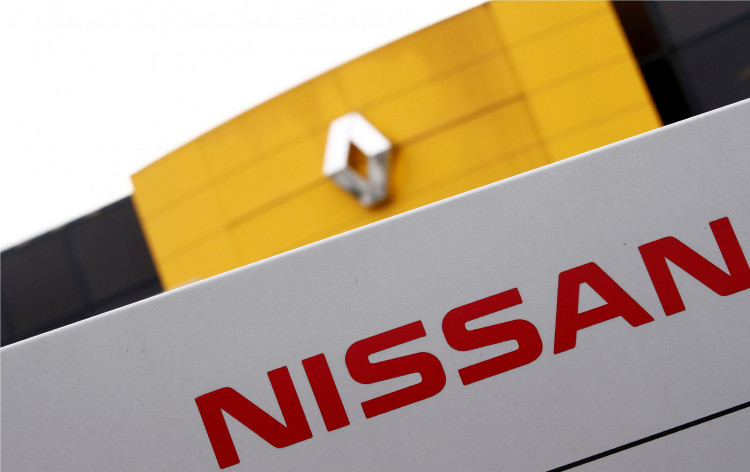Renault and Nissan built an innovation lab in China to pursue research and development of autonomous driving, connected cars, and electric vehicles. The equally shared joint venture of the two companies adopted technologies to sell vehicles in and out of China.
The new laboratory is the second joint automotive project of the two companies in the past three years. Their alliance formed an engineering joint venture, eGT Energy Automotive, along with their local partner, Dongfeng Motor, in the central China city of Shiyan in 2017. Renault, Nissan, and Dongfeng share a 50-25-25 partnership which is responsible for designing a new EV based off the Renault Kwid crossover's platform.
The companies' crossover was launched as the Renault K-ZE at the Shanghai auto show this month. The partnership will produce new cars at the Dongfeng plant in Shiyan. The factory can produce up to 120,000 vehicles every year. Renault said that they plan to publicly release the cars in the second half of the year.
Takao Asami, Alliance SVP, Research, and Advanced Engineering, said that China is not only the world's largest auto market but is also at the leading edge of new technologies that will change the face of future mobility.
He continued that from a strategic point of view, it is vital that the Alliance has a development hub in this thriving market, where the Alliance sold more vehicles than anywhere else in 2018. He also said that the knowledge and skills obtained here will be leveraged not just inside China but globally, helping to contribute to the demanding objectives of our Alliance 2022 mid-term plan.
According to Kenju Kobayashi, the Alliance Global Director responsible for the AIL-SH, Shanghai is a leading hub for innovation in China for automotive related technologies and across a range of industries.
He added that by bringing together the talents of the Alliance with the range of expertise found in Shanghai and across China, we will be able to aggressively pursue open innovation that transcends industry boundaries and rapidly develop technologies driving the business growth of Alliance members.
The alliance made a 2022 mid-term plan where they are planning to build 12 new zero-emission electric vehicles that are scheduled for launch in 2022 and 40 vehicles which will be launched with different levels of autonomy. The partnership plans to build 90 percent of vehicles connected globally. They are also planning to built robot-vehicles to be used for ride-hailing.





